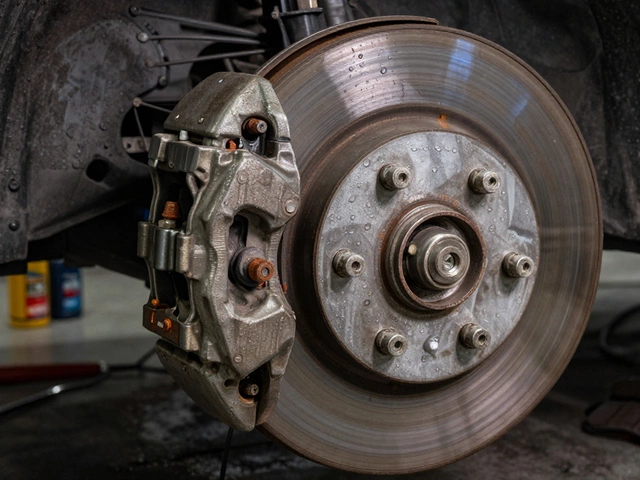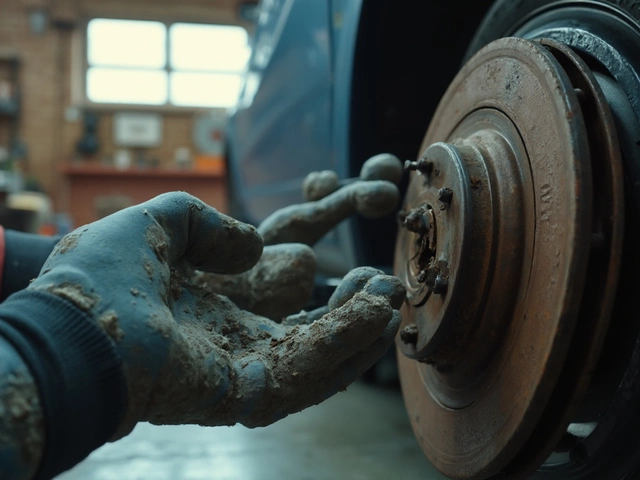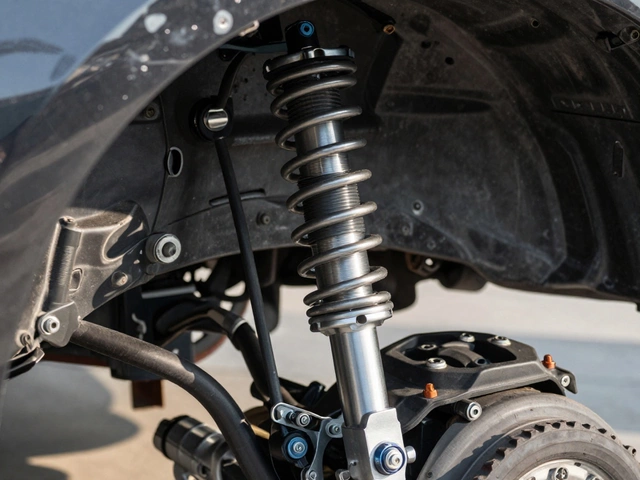Vehicle Noise Guide: Identify and Fix Common Car Sounds
Ever heard a clunk, squeal, or whine and wondered what’s wrong with your car? Those noises are the vehicle’s way of asking for help. Knowing what they mean can save you time, money, and a lot of stress.
The first thing to do is listen carefully. Try to notice when the sound happens – at startup, when you accelerate, while braking, or over bumps. Pinpointing the moment helps narrow down the culprit.
What Different Noises Mean
Knocking or pinging from the engine usually points to poor fuel quality, incorrect timing, or a failing spark plug. If the sound is rhythmic, it might be a sign of a worn timing chain.
Squealing brakes are often caused by worn brake pads or glazed rotors. A high‑pitched squeal that fades after a few seconds usually means the pads are wearing thin.
Rattling under the car when you drive over bumps suggests a loose exhaust component, a broken heat shield, or worn suspension parts. Check for any visible bolts that have come loose.
Grinding gears while shifting indicates clutch wear, low transmission fluid, or synchronizer issues. If the grind happens only when you first start the car, the clutch may need adjustment.
Whining or humming from the steering wheel often points to a failing power steering pump or low fluid level. A constant hum at highway speeds can be a wheel bearing problem.
Quick Fixes and When to See a Pro
Some noises you can handle yourself. Replace worn brake pads, top up power steering fluid, or tighten loose exhaust bolts. A simple spark plug check can clear up engine pinging – look for fouled plugs and replace them if needed.
For suspension rattles, inspect the shock absorbers and springs. If a shock leaks oil or makes a thudding sound, it’s time for a replacement. Bad shocks affect handling and safety, so don’t ignore them.
If you hear a persistent clunk while turning, the CV joint may be failing. A torn boot lets grease escape, causing the joint to wear quickly. Replacing the boot or the whole joint is a job for a mechanic.
When the noise is constant and you can’t pinpoint the source, bring the car to a professional. Complex issues like transmission problems or internal engine damage need proper diagnostics and tools.
Before you head to the shop, write down what you heard, when it started, and any driving conditions that make it worse. This info helps the technician diagnose faster and may reduce labor time.
Remember, early detection is cheaper than waiting for a major failure. Keep an ear out, act on strange sounds, and your vehicle will stay quieter and healthier for longer.
 18 February 2025
18 February 2025
Loudest Exhaust Types: A Deep Dive into Decibels and Roar
Discover what makes some exhaust systems louder than others and explore the wild world of sound engineering. In this article, we'll delve into how different materials, shapes, and installation techniques can affect the noise levels of exhaust systems. Get ready to learn which types of exhausts are known for their earth-shaking roars and why some drivers crave the auditory experience. Whether you're a gearhead or just curious, this article will uncover the nuances of noisy exhausts. We'll even offer some practical tips for those tempted by the rumble.
 17 January 2025
17 January 2025
Exploring the Downside of Aftermarket Exhaust Systems
Aftermarket exhaust systems are a popular upgrade among car enthusiasts for boosting performance and sound. However, they have potential drawbacks that could outweigh the benefits. These disadvantages may include legal concerns, increased noise, potential engine issues, and decreased resale value. Understanding these factors can help you make a more informed decision before diving into these modifications.
Latest Posts
-

How Much Is a Caliper? Brake Pad Replacement Costs Explained
-

Understanding the Cost of Suspension Repairs: What You Need to Know
-

Should You Tip at AutoZone? Etiquette, Facts & Real Tips Explained
-

How Do I Know if My Rotors Are Bad? Signs You Can't Ignore
-

What Is the Most Common Suspension System in Cars Today?
Tags
- car maintenance
- engine oil
- spark plugs
- brake pads
- engine performance
- vehicle maintenance
- spark plug replacement
- windshield wipers
- fuel pump
- suspension parts
- clutch replacement
- oil change
- clutch kit
- car suspension
- car performance
- air filters
- car radiator
- exhaust systems
- fuel pump replacement
- engine misfire

0